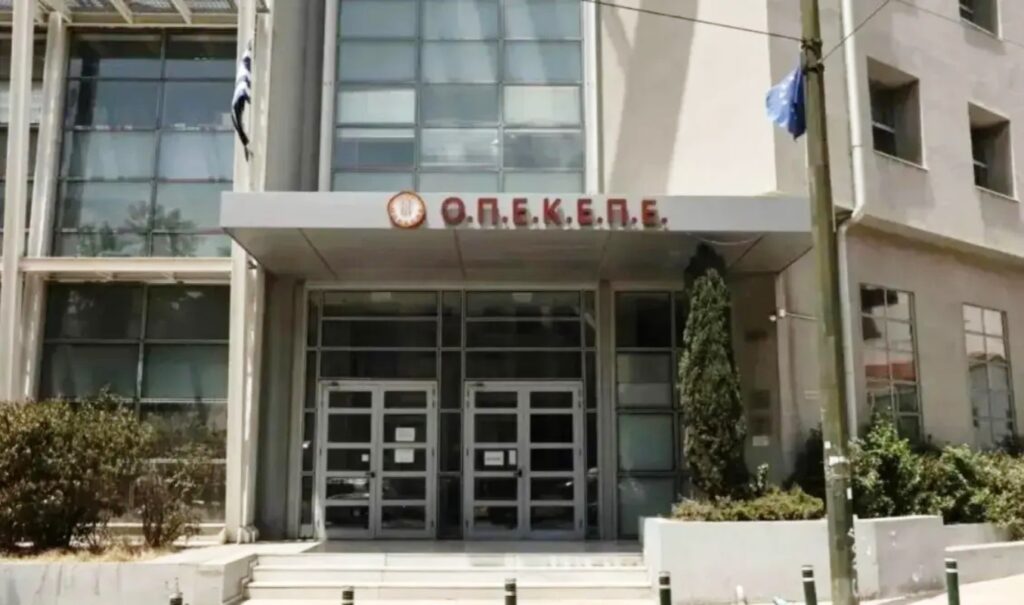Prison sentences ranging from 9 to 15 months, with three-year suspension, were imposed by the Single-Member Court of Appeals for Felonies (due to special jurisdiction) on seven defendants in the case of illegal subsidies from OPEKEPE. The defendants were found guilty of misdemeanor fraud, while they are expected to file an appeal. Meanwhile, the court decided to forward the trial proceedings to the European Prosecutor to investigate potential breach of trust crimes by OPEKEPE officials who approved the relevant applications without meeting the necessary requirements. Under scrutiny is also the crime of forgery, as a will was presented – according to the indictment – with false content, showing the defendants as heirs to thousands of acres of land.
Read: OPEKEPE: Seven defendants guilty of illegal subsidies
OPEKEPE: The sentences for illegal subsidies
The court recognized the mitigating factor of previous lawful conduct for five of the defendants, as the prosecutor had recommended. However, the mitigating factor was not recognized for the two owners of KYD (Declaration Reception Centers), who, as the prosecutor noted, played a leading role in submitting the applications. “The mitigating factor should not be accepted for the two who were owners of the KYD and who had the initial contacts for concluding the applications. One of them (the convicted person who also appears in the Parliament case file) stated that he would not put his children who are applicants at risk, but he did… he had a mediating role for his children to receive grants at the expense of those who were entitled to them,” the prosecutor stated.
The prosecutor also emphasized regarding the three convicted individuals who returned the money: “after they had been served individual notices and one of them after legal remedies were exhausted. They returned the amounts to avoid the forced execution procedure and not because they showed remorse. If they had been returned before the audit voluntarily, then sincere repentance could have been established and they could have enjoyed the mitigating circumstance.”
As she emphasized, the return of money was done to avoid the forced execution procedure and not in the context of sincere remorse. “If they had returned the money before the audit, voluntarily, then sincere repentance could have been established and they could have enjoyed the mitigating circumstance,” the prosecutor characteristically stated.
At the same time, by court decision, the proceedings of the verdict are forwarded to the European Prosecutor to investigate the commission of breach of trust crimes by OPEKEPE officials who conducted audits on the specific applications for receiving grants and approved them despite the fact that the necessary conditions were not met, as well as the act of forgery regarding a will that was presented to the court by defendants and which showed them as heirs to thousands of acres of land.




